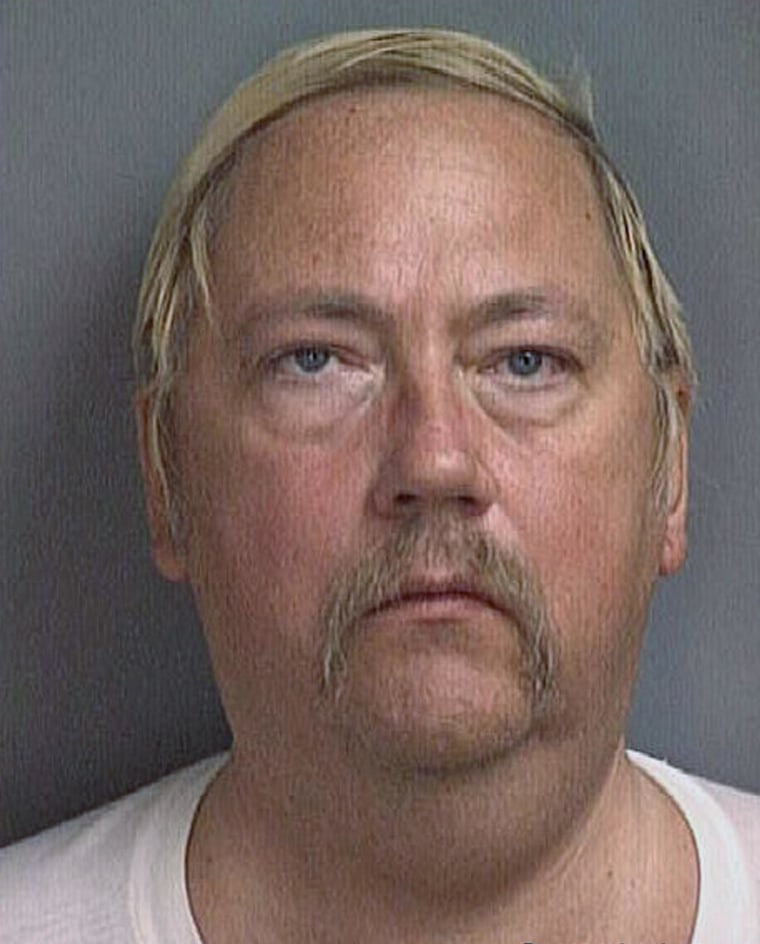SALT LAKE CITY — The results of an investigation released Thursday concluded that it may never be known how a convicted felon replaced a patient's sperm with his own two decades ago and fathered a child, or whether he did the same type of switch with other families.
The University of Utah said its review determined there was no evidence to suggest the late Thomas Lippert fathered any other children. However, it also noted that hundreds of families who used the fertility clinic where he worked have not been contacted.
The university, based on a recommendation by the doctors and medical ethicists who did the investigation, has chosen not to reach out to the estimated 1,500 couples who used the facility when Lippert worked there from 1988 to 1993.

Officials believe making families aware of the mix-up and offering paternity tests could cause emotional distress for families, some of whom may not have told children how they were conceived. The report also noted it would be an enormous task to find couples so long after their procedures.
"At this point, we're keeping our fingers crossed that it's an isolated event," said Dr. Jeffrey Botkin, chair of the panel.
The committee was unable to determine if a sperm sample was intentionally or accidentally switched by Lippert before the child was conceived. The report notes Lippert, a lab technician, was also a sperm donor at the clinic and frequently processed his own samples.
The private clinic was closely associated with the university and closed in 1998. Some of the supervisors at the clinic are dead.
The family at the center of the mix-up, the Branums of San Antonio, Texas, did not immediately return phone calls from The Associated Press but sent a statement to The Salt Lake Tribune blasting the report as being "cursory, biased and incomplete."
"We know that key witnesses who have knowledge relative to the andrology lab at the U. were not interviewed; consequently, we believe the findings are highly questionable," the statement said.
Their daughter, Annie Branum, now 21, has said the discovery has forced her to rethink who she is. Her family stumbled upon the situation while using widely available DNA tests to trace their family roots.
Only five people have had paternity tests done since the mix-up became public earlier this year, and the university created a hotline and website for affected families, Botkin said.
The report said no background check was done on Lippert before he was hired in 1988, meaning officials didn't know he had pleaded guilty to conspiracy and been ordered to get 90 days of psychiatric treatment and serve two years in prison. The crime occurred in Minnesota in the mid-1970s when he and another person kidnapped a woman and put her through "love experiments" intended to get her to fall for him, the report states.
Lippert left work at the clinic in 1993 and died from complications of alcoholism in 1999, the report says.
— The Associated Press